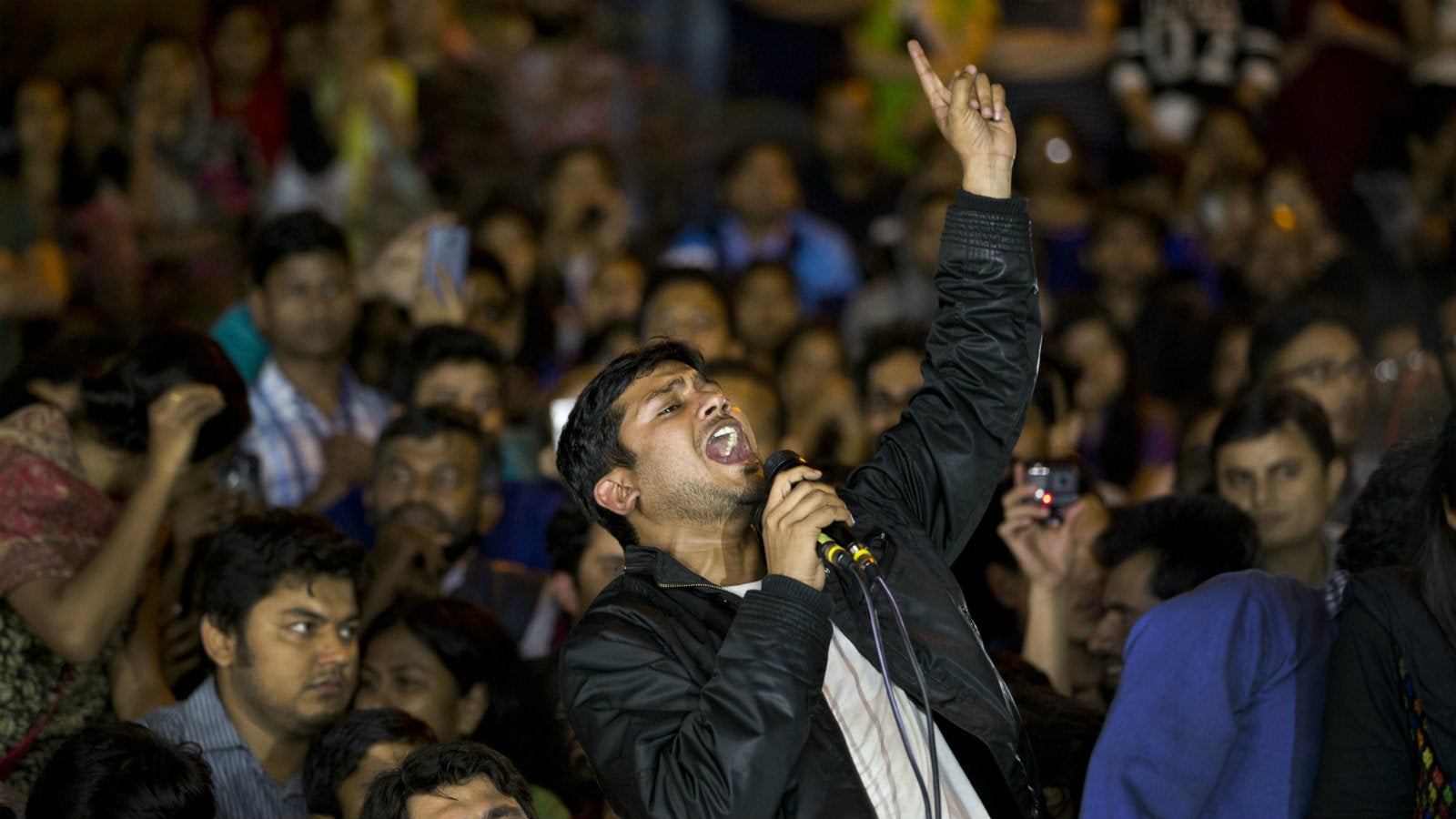India needs freedom from its oversensitive people
Have you been suitably offended by a Yatra.com advertisement yet? Congratulations, then, for helping a travel website with social media publicity. I must be in a small minority that failed to be offended by the commercial.


Have you been suitably offended by a Yatra.com advertisement yet? Congratulations, then, for helping a travel website with social media publicity. I must be in a small minority that failed to be offended by the commercial.
The 1-minute, 15-second video shows a lookalike of Kanhaiya Kumar, Jawaharlal Nehru University (JNU) student leader, breaking into azadi (freedom) slogans on being denied a window seat by an airline. ”We want the freedom to get the window seat,” the doppleganger says in the same tone and rhythm used by Kumar in his now famously dubstepped speech.
Critics claim the advertisement appropriates the azadi slogan, commericalises and trivializes it.
I don’t see how the ad undermines Kumar’s message or the spirit of the azadi message that came through the noise of nationalism in recent weeks. If anything, the ad only increases the recall value of both Kumar and the azadi slogan.
The critics would have been justified if the commercial took political sides on the nationalism debate, or ridiculed the idea of azadi from things such as poverty and feudalism, as Kumar’s original speech did. No, the ad does none of that.
The use of Kumar and azadi by the Yatra web check-in app video isn’t contentious in the same way as a recent Havells fan ad that took sides on the reservations debate—clearly siding with those opposed to affirmative action against the lower castes. Following social media anger, Havells India withdrew the ad.
As was inevitable, Kumar and the azadi slogan were becoming old news, part of a news cycle that’s over for now. The JNU PhD scholar hasn’t helped his cause either, getting trapped in the pointless 1984 anti-Sikh riots versus the 2002 Gujarat massacres debate. He should now be grateful to Yatra.com for helping his currency a bit more.
The naysayers seem to have a problem with the very use of political events in advertising, though that is nothing new. After all, Amul has done it almost every week for decades. This opposition arises partly from an obsolete aversion to commerce: how dare a company do this?
But companies and popular culture will do what they must. Like politicians and media, they will latch on to whatever captures public imagination. It is up to you whether to turn the azadi slogan into another holy cow—fighting bitterly to “protect” it—or whether you make common cause with popular culture and make azadi mainstream.
Very soon, the Akhil Bharatiya Vidyarthi Parishad, which was happy to see Kumar in jail, too will appropriate the slogan. What will our whining leftists do then? Maybe some more hand-wringing about appropriation.
The azadi motto is a powerful theme for our times. We need it more and more. And that’s not going to happen if we fight silly over its use in popular culture. Turf wars over who can use azadi and when, will only make the word go “secularism” way, drained of meaning or popular resonance.
Let us seek azadi from everything that’s wrong—including our tendency to turn everything into a holy cow.
We welcome your comments at [email protected].